Shiva and Shakti in Indian Mythology
From times immemorial Shiva and Shakti demand reverence of Indians. The author has widely covered all temples of Shiva and Shakti traveling from the Himalayas, the abode of Shiva, in the north, to Kanyakumari in the South. Brahma, Vishnu and Mahesh constitute the great triad of Hindu pantheon. Brahma the Creator, Vishnu the preserver and Shiva (Mahesh) the destroyer of the Universe. Shiva holds the trident, the emblem of his supreme power, representing the three gunas-satva, rajas and tamas-through which he commands the world. He alone is the God of death and resurrection of the flux of being and non-being. The world Shakti means power, valour of vital energy. According to Indian mythology, spiritually Shakti is regarded as Goddess-consort, queen of a deity and also God's active and dynamic form. Shakti represents the fundamental creative instinct underlying the cosmos and is the energizing force of all divinity. The entire universe is perceived as being created, penetrated and sustained by two fundamental forces which eternally exist in a perfect, indestructible union in the Tantric Cosmology. These principle forces or universal aspects are known a Shiva and Shakti. Whether Shakti as Primal Energy originated before Shiva, who is radiatn consciousness and has no origin or end or Shiva as Chaitanya originated before Divine Energy is rather a mystery. The sculptures of Shiva and Shakti are sensuous yet sacred. The present volume attempts to solve the mystery that the contradicting characteristics of both Shiva and Shakti pose for interpretation.
Get it now and save 10%
BECOME A MEMBER

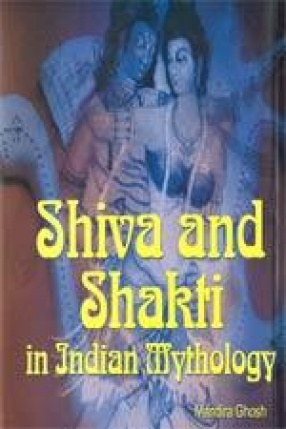
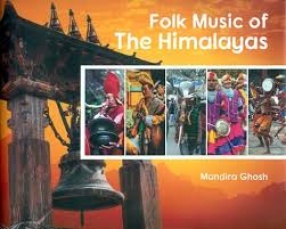
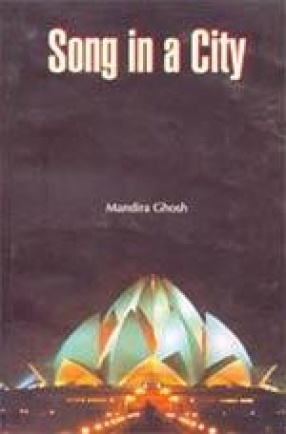
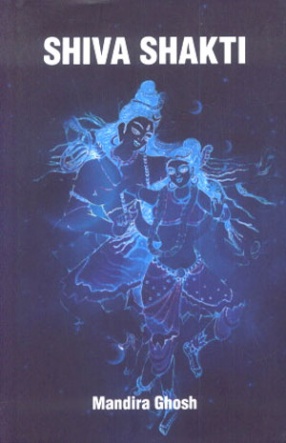
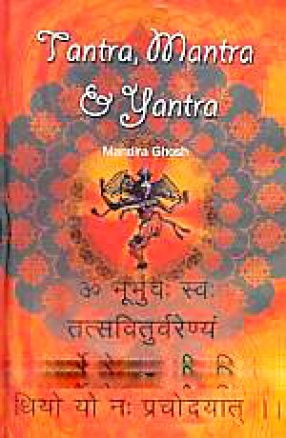
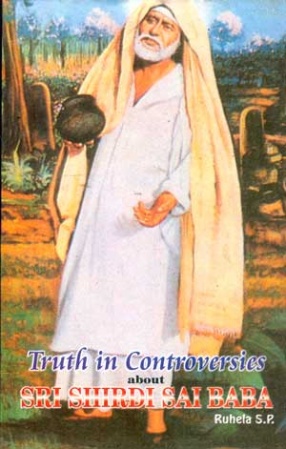

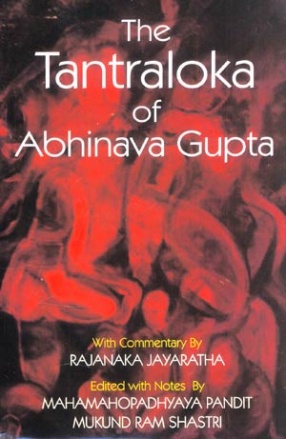


Bibliographic information